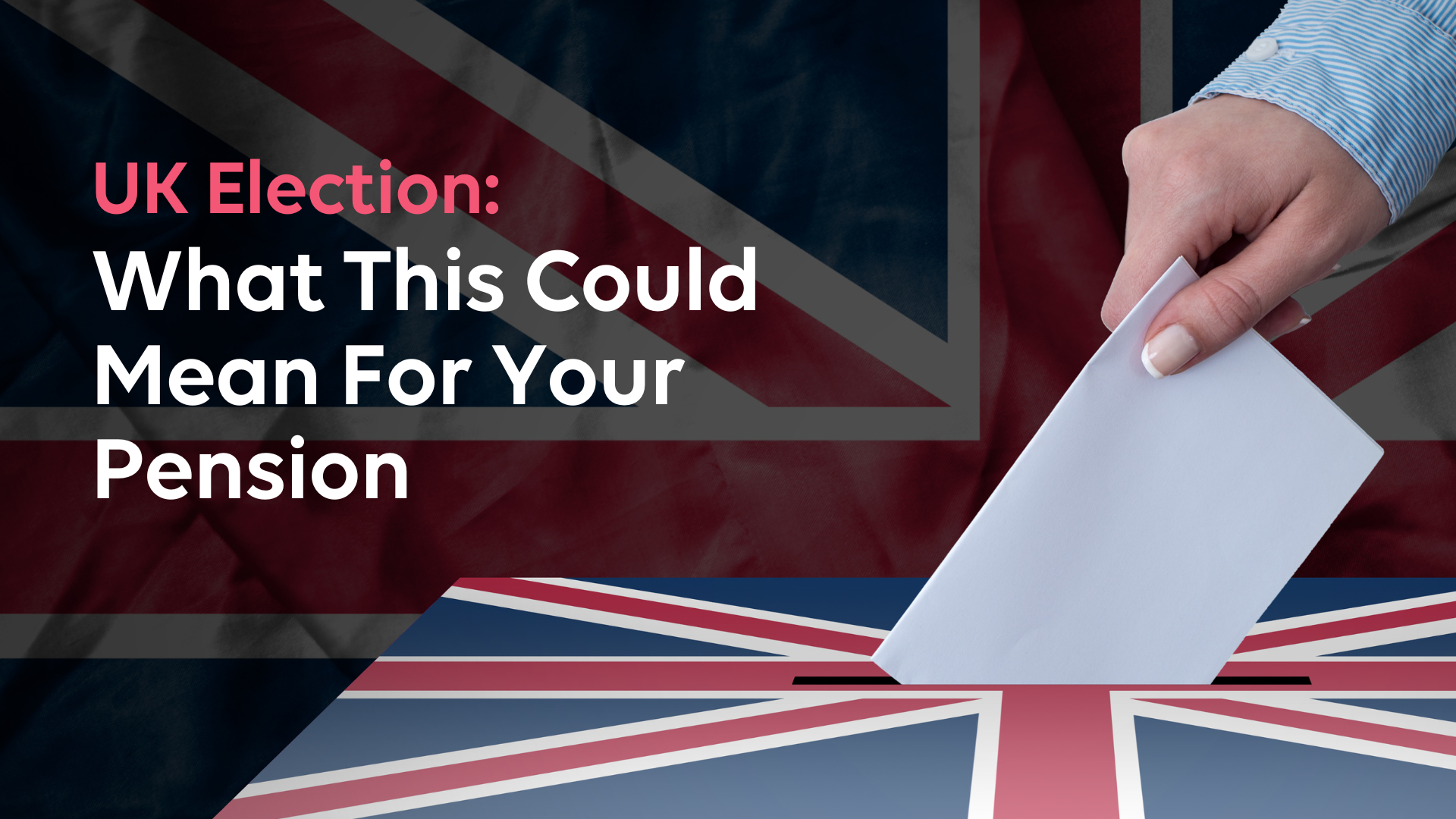Should You Carry On Or Call It A Day?
You’re still sharp, full of energy, and not quite ready to swap your work boots for gardening gloves just yet.…


We all knew a general election was coming, the likelihood being in the Autumn. But on the back of some promising economic news that inflation had fallen 0.9%, the lowest in 3 years, Prime Minister Rishi Sunak made the surprise announcement that we’d be going to the polls much sooner; July 4th, to be precise.
As the days quickly count down to the dissolution of Parliament, many important policy and regulatory initiatives are left hanging in the balance, including the Pension Triple Lock and Pension Taxation. And, of course, the ever-increasing pension age. It’s like having a bunch of loose ends we can’t tie up just yet, leaving everyone wondering how and when things will move forward again.
Whether you tend to vote blue, red or neither, it’s important to understand where the parties are unified in their promises and what aspects of your pension may be affected, depending on the outcome.
Introduced by the Conservative-Liberal Democrat Coalition in 2010, the Triple Lock system seeks to ensure that UK State Pension rises each April, in line with whichever of the following measures comes out highest:
This means that the value of State Pensions cannot be overtaken by increases in the cost of living, or the income received by those of working age.
This April, the Triple Lock meant that State Pensions rose by 8.5%.
Both the Conservative and Labour parties have pledged to keep the Triple Lock in place.
This is a great start, but there are lots of other things still up in the air!
As income tax thresholds have been frozen since 2021, the Office for Budget Responsibility (OBR) has estimated that 4 million extra taxpayers will be created by 2028, with 3 million people joining the higher tax band.
As covered in our previous blog, ‘Do You Know How Your Pension Is Taxed?’, income tax is paid on money received via pensions.
The OBR has predicted that by 2027, the UK State Pension will be higher than the tax-free personal allowance.
In response to these concerns, the Tories have proposed a new scheme called ‘Triple Lock Plus’. This scheme aims to ensure that the State Pension always stays below the tax-free threshold, which would need to rise accordingly.
Throwing their hat into the ring, Labour have begun their own plans to reintroduce the ‘Lifetime Allowance’ (LTA), which was abolished by the current Conservative Government in April this year.
Previously, the LTA capped the amount that could be drawn from pensions without paying extra tax.
The State Pension age is the age you must reach before you can access your UK State Pension, which is likely to make up a large part of your income in retirement.
While some experts have suggested that the State Pension age should rise to 71 by 2050, the current State Pension age for both men and women in the UK is 66, but two more rises are planned.
Between 2026 and 2028, the pension age will rise to 67 for those born on or after 1960, and up to 68 between 2044 and 2046 for those born after 1977. However, there have been calls from various quarters to accelerate that timetable to save the Treasury money.
Neither party is likely to include any proposed changes within their manifesto, but the next Government will likely need to make some unpopular decisions here.
Any change of Government brings unforeseen changes to the economy, interest rates and other policies relating to tax and savings.
To ensure your retirement and pension plans are kept up-to-date and are as resilient to these changes as possible, you may wish to seek professional advice.
Here at Joslin Rhodes, our local team of Pension & Retirement advisers is ready to help you navigate any changes that come your way, whatever the result of the general election.
For many, the election has crept up faster than expected. With it just around the corner, don’t hesitate to reach out to us today – it’s wiser to seek advice sooner rather than later!
Joslin Rhodes Pension & Retirement Planning – Real Advice, For Real People
Pop your details below to arrange a call with our local pension & retirement planning advisers

You’re still sharp, full of energy, and not quite ready to swap your work boots for gardening gloves just yet.…